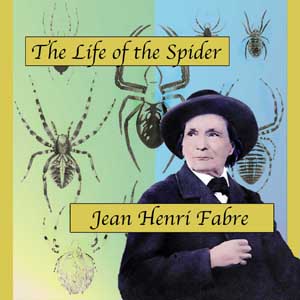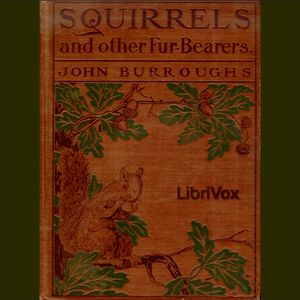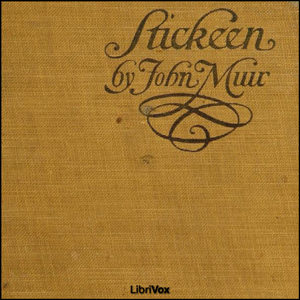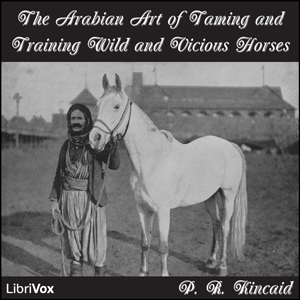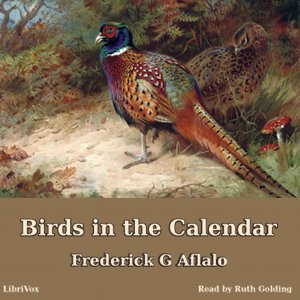- Introduction
- The Chimpanzee
- The Gorilla, The Orang-utang, The Gibbons
- The Dog-Shaped Monkeys
- The Guerezas and Guenons, The Macaques, The Baboons
- The Speech of Monkeys, The New-World Monkeys
- The Lemurs, The True Lemurs
- The Galagos, The Slow Lemurs or Lorises, and Tarsiers, The Aye-Aye
- The Cat-Tribe, The Lion, The African Lion
- The Tiger
- Leopards
- The New World Cats, The Jaguar, The Puma, The Ocelot
- Other Wild Cats
- The Common Wild Cat
- The Lynxes, The Cheeta
- The Domestic Cat
- The Fossa, The Civets and Genets, The Mongoose and Ichneumon Family
- The Meerkats or Suricates
- The Hyænas and Aard-Wolf
- The Dog Family, The Wolf
- The Coyote, or Prairie Wolf
- The Jackal, The Maned Wolf, The Wild Dog of Africa, The Indian Wild Dog, The Dingo
- The Foxes, The Fennecs
- Domestic Dogs
- The Bear, The Common Brown Bear, The Grizzly Bear, The American Brown Bear, The Syrian Bear
- The American Black Bear, The Indian Sloth-bear, The Malayan Sun-bear, The Polar Bear
- The Raccoon Family, The Raccoon, The Coatis,The Pandas and Kinkajou, The Sea-Otter, The Skunks, The Badgers, The Ratels
- The Weasel Tribe, The Martens, The Sable, The Mink, The Polecat, The Weasel, The Stoat or Ermine, The Glutton or Wolverine
- Marine Carnivora, The Eared Seals, or Sea-lions, The Fur-seals, The Hair-Seals
- The Walrus, The True Seals, The Common Seal
- The Rodents or Gnawing Mammals, The Squirrels
- The Prairie Dogs and Marmots, The Beaver, The Dormice
- The Mouse Tribe, The Hamsters, The Voles, The Typical Rats and Mice, The Bandicoots, The Gophers, The Jerboas, Springhaas and Jumping Mice
- The Octodon Family, The Porcupines, Viscachas and Chinchillas, The Agutis and Pacas, The Cavies, Pikas, Hares and Rabbits
- The Bats and Insect-Eating Mammals, The Fruit Bats, Insect-Eating Bats, The Cobego, Shrews, Hedgegos and Tenrecs, The Moles
- The Elephant
- Tapirs and Hyrax
- The Rhinoceros
- The Horse Tribe, Zebras and Wild Asses
- Domesticated Horses, Asses and Mules
- The Hollowed-Horn Ruminants, British Park-Cattle, and The Aurochs, Some Domesticated Cattle, Wild Oxen, The Gaur, The Gayal, The Banting
- The Yak, The Bison, The Buffaloes, The Tamarau and Anoa, The Musk-Ox
- The Sheep, The European Moufflon, The Argalis, The Bighorn Sheep of America and Kamchatka, The Oorial, The Barbary Sheep, Aoudad, or Arui
- Domesticated Sheep, English Breeds of Sheep
- The Goats, Wild Goats, The Ibex, The Markhor, The Tahr, The Nilgiri Tahr, or Nilgiri Ibex, Rocky Mountain Goat
- The Antelopes, The Hartebeests, Bontebok and Blesbok Group, The Gnus, The Smaller Bucks, The Klipspringer
- The Waterbucks, The Blackbuck of India, The Gazelles
- The Sable Antelope, The Oryx, The Bushbucks, The Inyala,The Sitatunga
- The Greater Kudu and the Lesser Kudu, The Eland
- The Giraffe and Okapi
- The Deer Tribe, The Reindeer, The Elk, or Moose, Red Deer
- The Maral and Kashmir Stag, Wapiti, Bokhara Deer, Sikas, Fallow Deer
- The Sambar, or Rusine Deer, Other Typical Deer
- The Muntjacs, Tufted Deer, Water-deer, Roe Deer, Père David's Deer
- The American Deer, The Musk-deer
- The Camel Tribe And The Chevrotains, The True Camel, The Bactrian Camel, The Llamas, The Vicuña, The Guanaco, The Llama, The Alpaca, The Chevrotains
- The Pig Tribe, The True Pigs, The Babirusa, The Wart-hogs, The Peccaries
- The Hippopotamus
- The Dugong, Manatees, Whales, Porpoises, And Dolphins
- The Sloths, The Anteaters
- Armadillos, The Pichiciago, The Peludo, The Pangolin, The Aardvark
- Marsupials, The Kangaroo
- The Phalangers, The Koala
- The Typical Phalangers, The Opossums
- The Cuscuses, The Wombat, The Bandicoot
- The Pouched Mole, The Tasmanian Wolf, The Tasmanian Devil, The Native Cats, The Pouched Mice, The Banded Ant-Eater
- The American Opossums, The Selva
- Monotremes, Or Egg-Laying Mammals, The Echidna, The Platypus
The Living Animals of the Natural World, subtitled "a popular Natural History", proposed to present the most updated version of the wonders of the Animal World in a new and clearer form. It used photography instead of the traditional illustrations of the life of beasts, birds, fishes, insects, corals, and the subjects photographed were obtained from every part of the world, many of them from the most distant islands of the Southern Ocean, the great barrier reef of Australia, the New Zealand hills, the Indian jungle, the South African veldt, and the rivers of British Columbia. But not only the illustrations were important, since the attention given to the descriptive portion of the work was also meticulous, and the Editor had the assistance of specialists, eminent alike in the world of science and practical discovery. The result is a very thorough picture of human knowledge of the animal world at the time of publication, in 1902.
LibriVox volunteers wish to thank the volunteers of Distributed Proofreaders for their work over the last 20 years to convert public domain books into e-books. "The Living Animals of the World, Volume 1: Mammals" was PG's 60,000th title. Congratulations and Happy Anniversary Distributed Proofreaders! (Summary by Leni)
LibriVox volunteers wish to thank the volunteers of Distributed Proofreaders for their work over the last 20 years to convert public domain books into e-books. "The Living Animals of the World, Volume 1: Mammals" was PG's 60,000th title. Congratulations and Happy Anniversary Distributed Proofreaders! (Summary by Leni)
There are no reviews for this eBook.
There are no comments for this eBook.
You must log in to post a comment.
Log in





